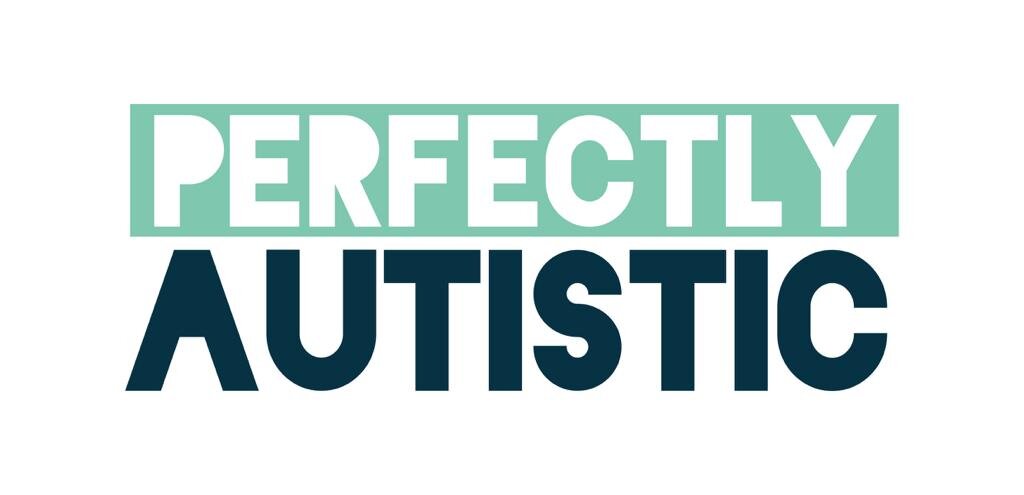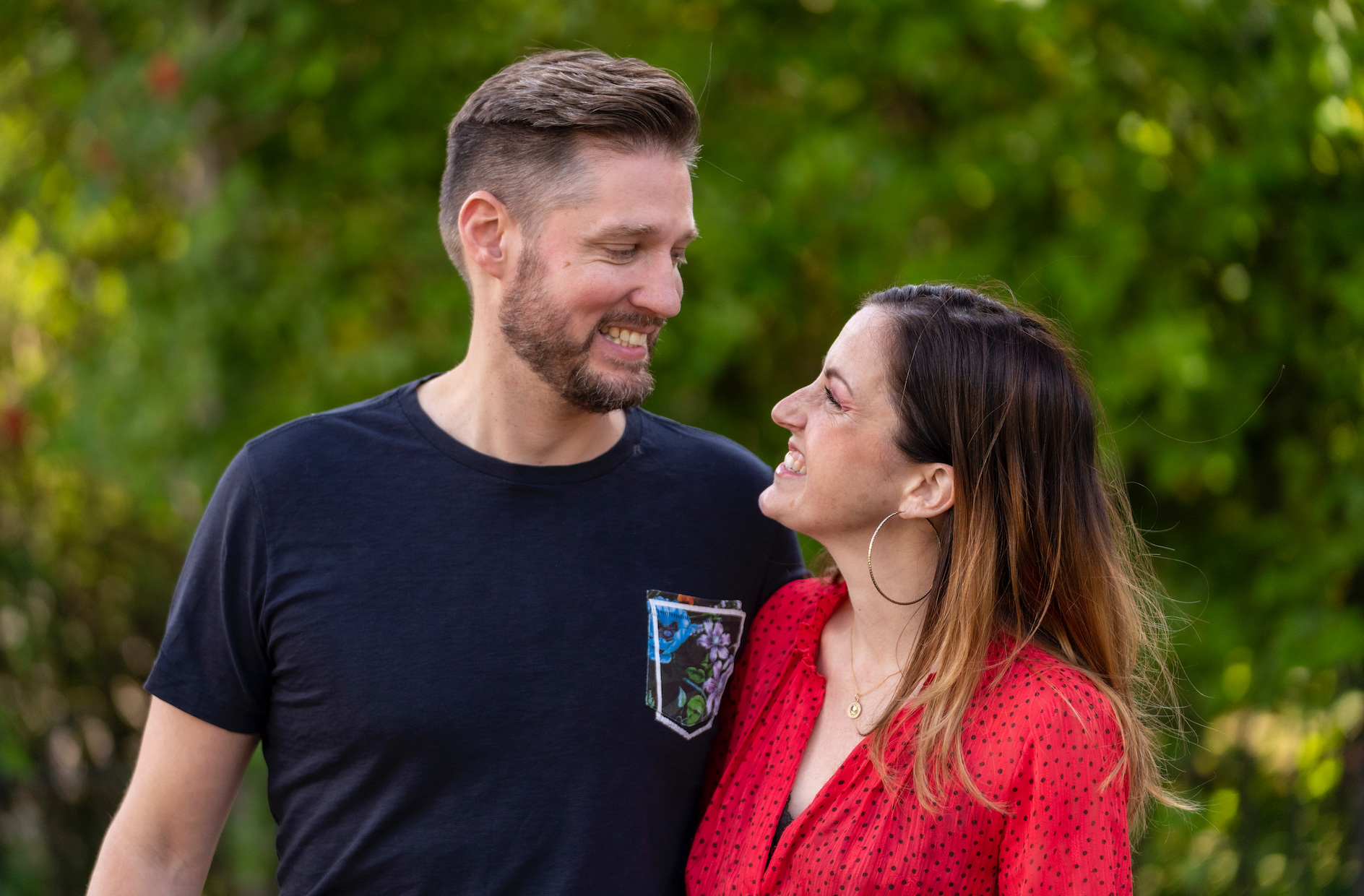My husband’s autism diagnosis is a positive for our family
Twenty years ago, I lived in Norwich and worked on Channel 5’s The Wright Stuff as a co-presenter. One day, I received a phone call out of the blue from Kelly, a man I had met many years prior. He had seen me on the show and decided to call the station to get back in touch.
I was over the moon to hear from him. It had been five years since we’d been in touch and I had always held a bit of a torch for him. He asked if I was ever in London, I said yes, and a week later we met up and went on our first date. We had such a fantastic evening, I knew then that this was more than a regular date – it was the start of a relationship.
Heading abroad
Just three weeks later, Kelly broke the news he was going travelling to Australia for a year – and asked if I wanted to go with him. I said yes. I remember sitting at the airport, waiting for our flight, literally jumping up and down with excitement. Kelly, on the other hand, didn’t look excited at all. I asked if he was looking forward to travelling and he replied “It should be good”.
I couldn’t help but think that was an unusual reaction for someone going backpacking for a year. I couldn’t stop talking about how great it would be and all of the fantastic places we would visit. Kelly seemed more subdued and didn’t look like he minded if we went travelling or not.
Starting a family
We were married in 2008 and had our first child, India a year later. With our son Hudson arriving two years after that. Hudson was often sick and would scream and cry at mealtimes. We learned that both he and India have sensory processing disorder (SPD) – they struggle with textures, strong smells, bright lights and things that just don’t feel ‘right’, hence Hudson struggles with food.
Whilst seeing specialists about Hudson’s eating, the word ‘autistic’ came up a few times. During an appointment with a psychologist, she asked questions about Hudson and how he reacts in certain situations. At this point, I realised she was also describing India. As girls can ‘mask’ their autism more than boys, I hadn’t noticed anything unusual. Shortly after they were both diagnosed as autistic.
The more I read about autism, the more we realised Kelly had a lot of ‘typical’ autistic traits: being direct, over-analysing situations, needing routine and structure, sensory overload. I would share information with Kelly about autistic traits and he would joke “is that describing me or the children?”
The diagnosis
Kelly and I wondered for some time whether he should get diagnosed or not. After all he had gone through life without a diagnosis. We decided to go privately, like we had with the children, as the wait on the NHS can be up to two years. Kelly was officially diagnosed as autistic in 2019 at the age of 44. Seeing it written down in black and white was reassuring. Kelly finally realised there was a reason why he felt the way he did.
When we would tell friends about Kelly’s diagnosis, their first reaction was usually surprise. Some asked why Kelly decided to get an official diagnosis. At 44, it may seem rather late for him – but for us as a family, the timing is invaluable. The children love knowing their daddy is ‘just like them’ and they don’t feel so alone, knowing that he is autistic too.

